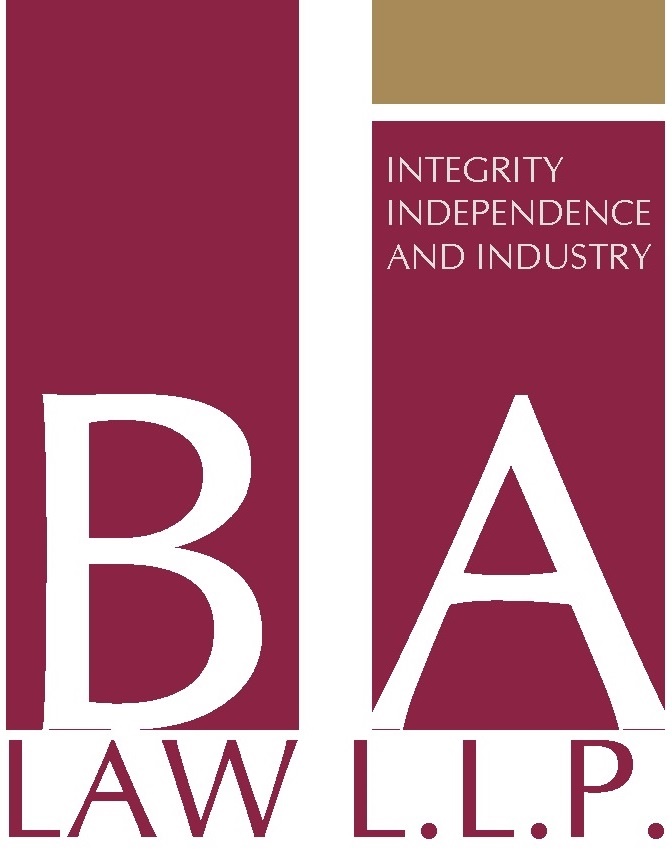[vc_row][vc_column][vc_single_image image=”1098″ img_size=”full” alignment=”center”][vc_column_text]
INTRODUCTION
The COVID-19 outbreak was declared a Public Health Emergency of International concern on 30th January, 2020 by the World Health Organization (WHO), and was further declared COVID-19 a pandemic on the 11th of March, 2020.
Consequently, the COVID-19 Regulation 2020, which was brought into force on the 30th of March, 2020, was brought pursuant to Section 4 of the Quarantine Act of 1926. The Quarantine Act in summary provides for the suppression and prevention of infectious disease in Nigeria. Most importantly, Section 4 of the Act empowers the President of the Federal Republic of Nigeria the power and the right to make regulations in line with the Quarantine Act in order to prevent the spread and increase of what has been described as an Infectious disease and a pandemic.
The COVID-19 Regulation contains in it 7 Regulations which shall be explained in summary;
Regulation 1
This provides for the restriction/cessation of movement in Lagos, Ogun, FCT Abuja for an initial period of 14 days, taking effect form 11pm on Monday, 30th March, 2020.
Regulation 2
This provides that the Seaports in Lagos state will remain functional, and how they will keep on functioning for the duration of the stated 14 days.
Regulation 3
This provides for the suspension of Passenger Aircraft, both commercial and private aircrafts.
Regulation 4
This calls on the citizens of the affected areas to for the need of personal sacrifice and the need to obey the laid down regulation for the stated period.
Regulation 5
This provides for how relief materials shall be dispensed to the people and relief measures put in place in other to help the people of the affected areas.
Regulation 6
This provides on how support gotten from the private sector and private individuals shall be treated and utilized.
Regulation 7
This provides that the Government is committed to the fight against the virus
LEGALITY OF THE COVID-19 REGULATION
The COVID-19 Regulation derives its legality from the Quarantine Act of 1926, which expressly provides that the President can make regulations in order to prevent the spread of an infectious disease. The question of law which has caused a legal uproar is the extent to which the Regulation as declared by the President in line with the Quarantine Act can be said to deny a person of his Fundamental Human Right of Movement as provided in section 41 of the Constitution of the Federal Republic of Nigeria 1999 (as amended). Section 41 of the Constitution provides that every Nigerian is entitled to freely move throughout Nigeria without restriction. Additionally, section 41(2) of the Nigerian constitution provides that “nothing in subsection (1) of this section shall invalidate any law that is reasonably justifiable in a democratic society”. The Constitution also provides for peculiar circumstances when constitutional rights of the citizens can be derogated from and these instances are provided for in Section 45(1) of the Constitution which include ‘any law that is reasonably justifiable in a democratic society (a) in the interest of defence, public safety, public order, public morality or public health; or (b) for the purpose of protecting the rights and freedom or other persons.
It is my opinion that the Regulation as issued by the President rightly and legally suspended the Fundamental Right of Movement of citizens in the areas as covered by the regulation on the legal ground that it was to protect Public safety, Public order and Public Heath as provided by Section 45(1) of the Constitution. The Quarantine Act is a ratified Law, therefore has the same legal standing in the eye of the law as any law passed by the National House of Assembly. The law imposes on the President a duty which may be exercised by him at any point in time in order to protect Public Health and Public Safety and this is in light of the delegated power conferred on him by the federal lawmakers in sections 3 and 4 of the Quarantine Act.
In Section 10 (1) of the Interpretation Act, it is provided as follows: ‘Where an enactment confers a power or imposes a duty, the power may be exercised and the duty shall be performed from time to time as occasion requires.’ Furthermore, Section 10(2) of the Interpretation Act provides: ‘An enactment which confers power to do any act shall be construed as also conferring all such other powers as are reasonably necessary to enable that act to be done or are incidental to the doing of it.’
It can therefore be rightly said that flowing from the above,the President acted within the ambit of law. It should also be noted that the President has in no way, form or manner, impliedly or expressly declared a State of Emergency as provided by Section 305 of the 1999 Constitution. While Section 305 of the 1999 constitution empowers the president to declare a public emergency, restricting right to personal liberty, movement and property; the Quarantine Act on the other hand, gives the president and the country’s health authorities, broad powers to deal with public health crises by issuing declaration, orders and regulations. Where those declarations, orders and regulations, amount to the restriction of one’s fundamental right of movement, on the grounds of public health and safety, the President can be said to have acted in the full ambit and frame work of the law.
CONCLUSION
Conclusively, it can be said that the President acted with the ambit of the law when the COVID-19 Regulation rightly restricted the movement of citizens of Lagos state, Ogun state and the FCT. The regulation which flows from the Quarantine Act of 1926 rightly empowered the President to do so and this is in tandem with the purport of Section 45(1) which gives the President the power to derogate from certain constitutional rights, where necessary.
WRITER: SEMILORE OLUWATAYO
EDITOR: MOTUNRAYO OLALEYE ACArb
PUBLISHER: BA LAW LLP
[/vc_column_text][/vc_column][/vc_row]

